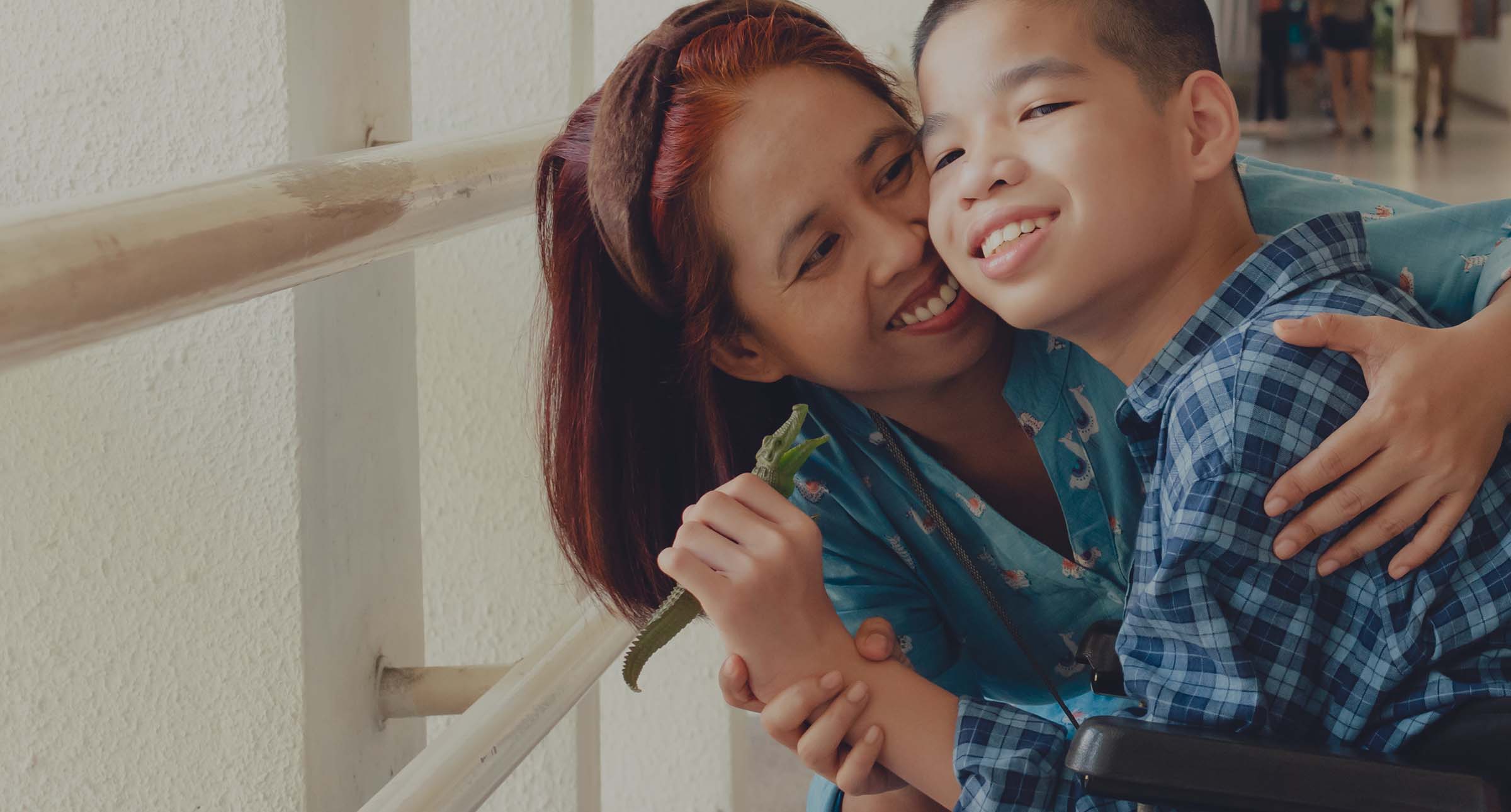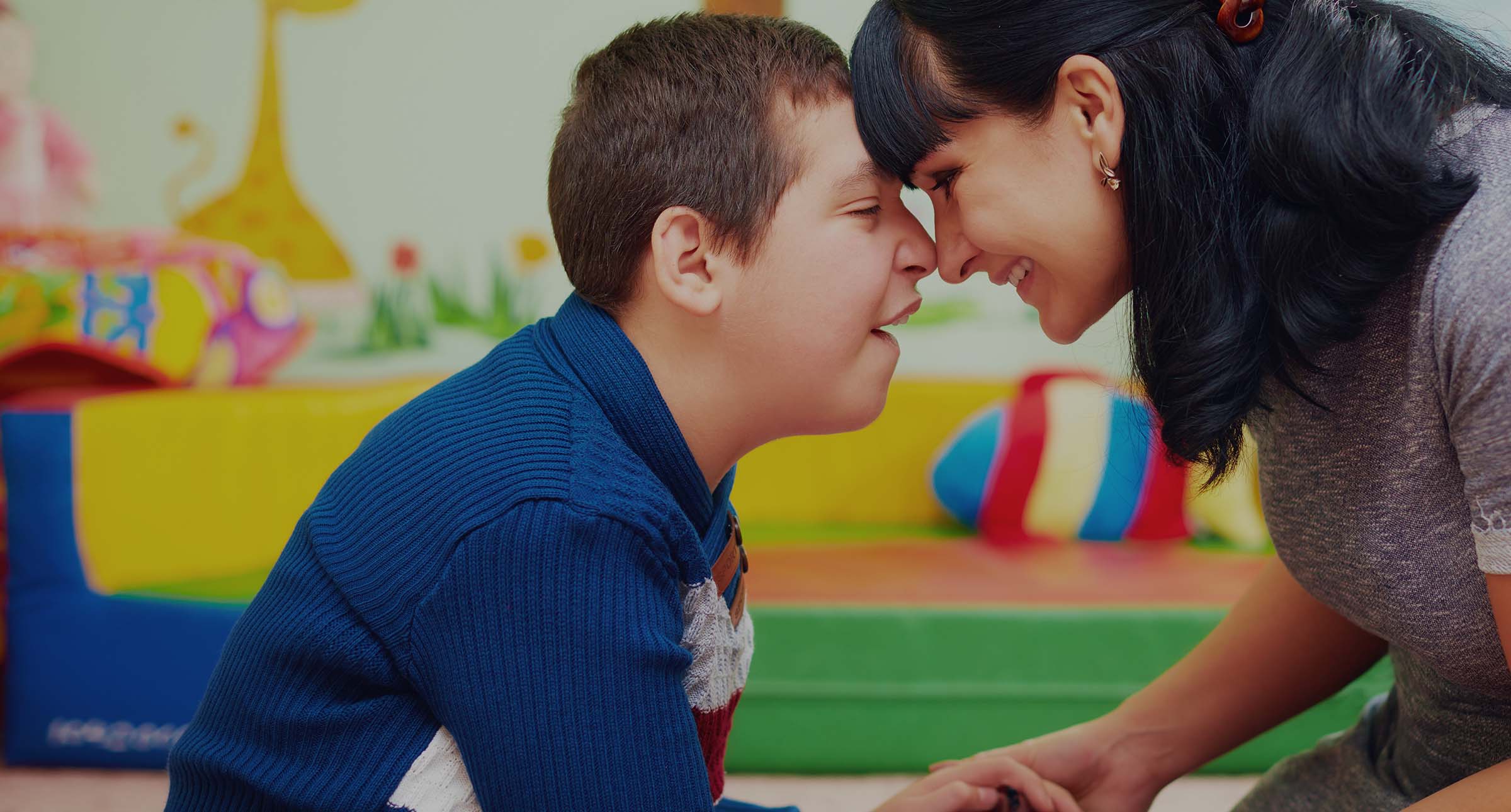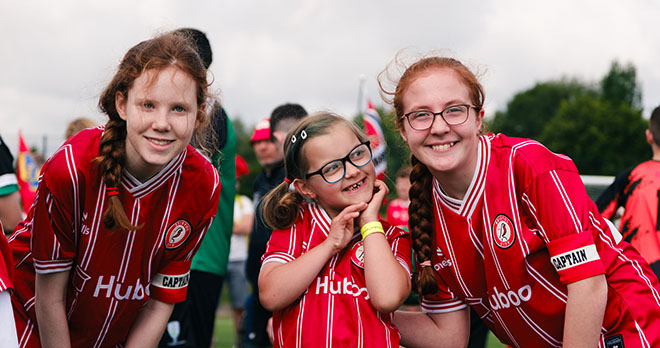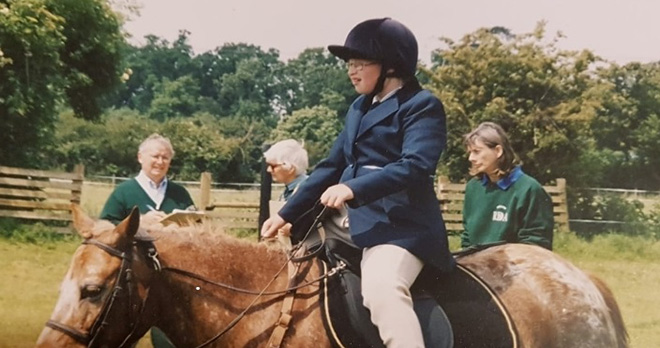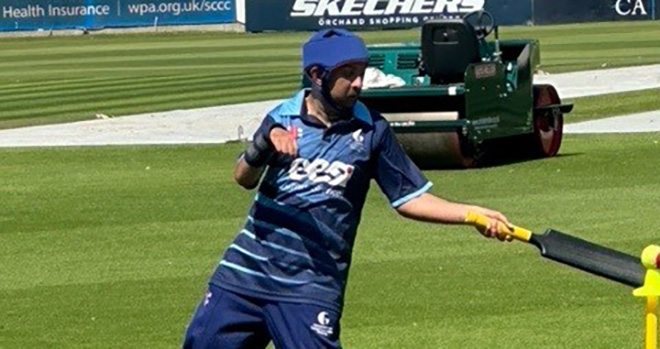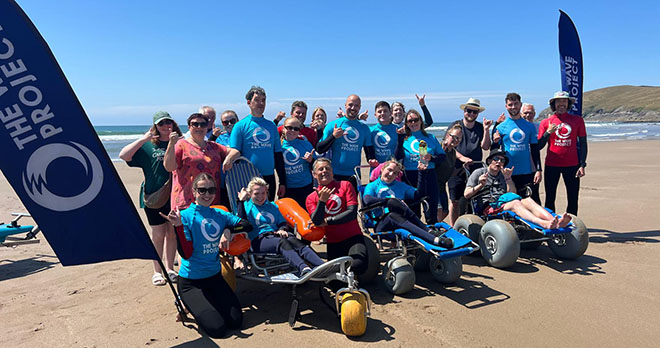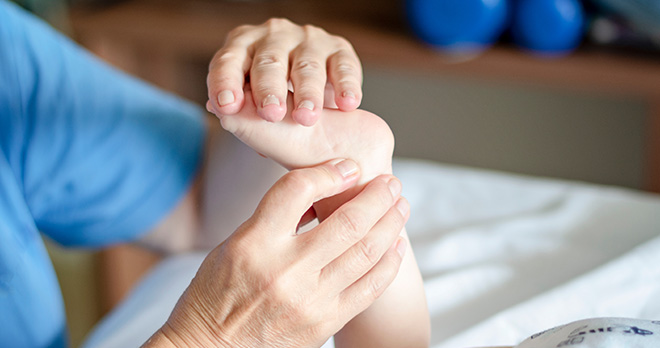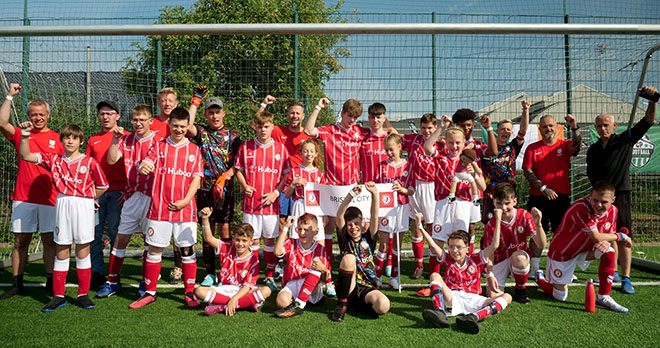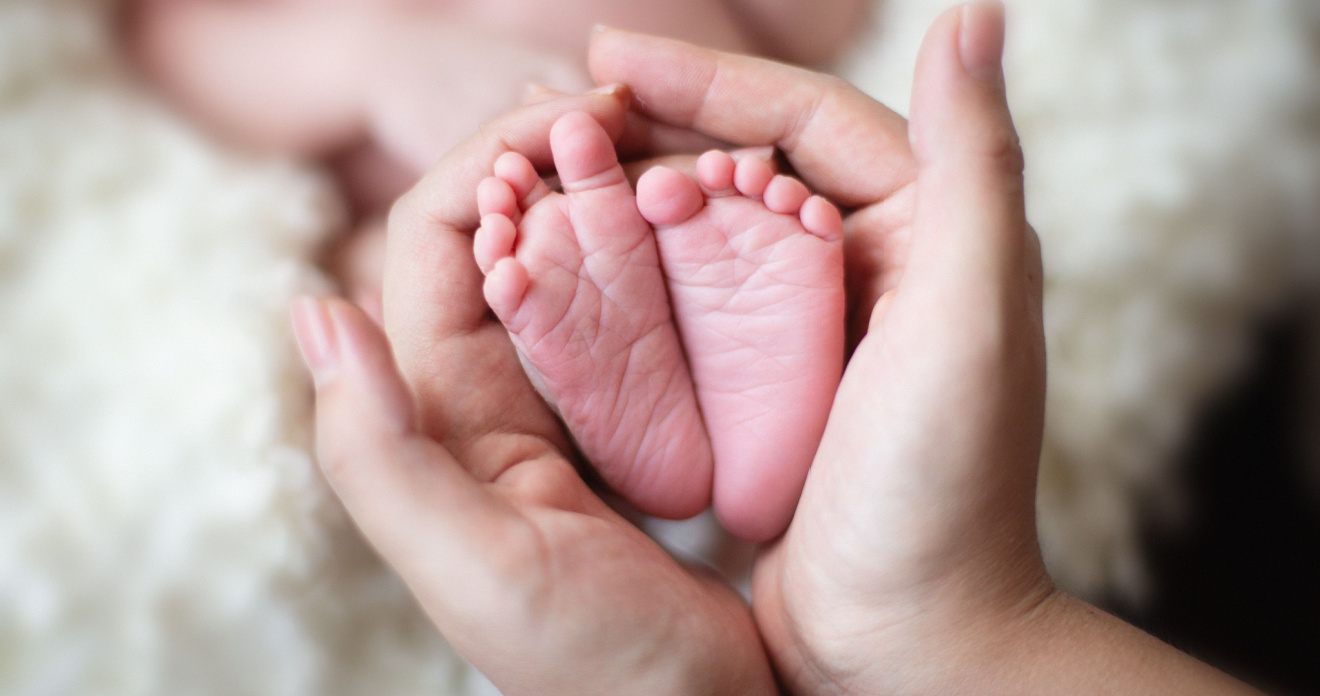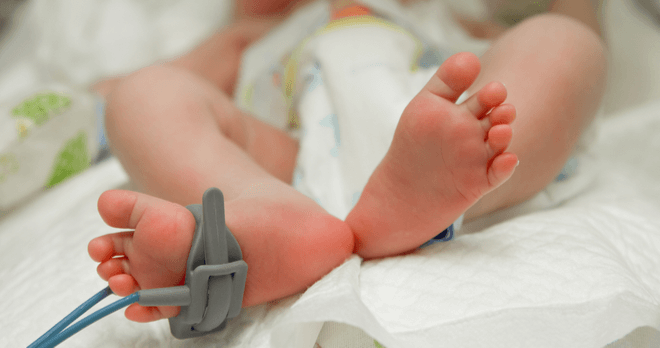From the pond into the sea: are lessons being learned on smoothing the transition from child to adult health services?

The transition from child to adult health services is a hot topic both in the UK and globally. In August 2024, the Colin Farrell Foundation was launched on the other side of the Atlantic in response to the lack of provision in the US for people with disabilities as they reach adulthood. Colin Farrell has journeyed with his son James, who has Angelman’s Syndrome and celebrated his 21st birthday in September, and has been disappointed by the support available to him.
Much closer to home, having been born with cystic fibrosis and now the privileged recipient of a double lung transplant, I recall my own experience of transitioning from what felt like the warm familiarity of children’s services to the cold scarcity of adult services.
In 2014, the Care Quality Commission published: From the pond into the sea: Children’s transition to adult health services, providing recommendations for transition. We are now a decade on. Have lessons been learned over the last 10 years on how to better smooth the way for children and their families as they are dropped into the sea?
What are child & adult health services and what difference does it make?
According to the NHS website:
“Until the age of 18, services for children and young people with long-term health conditions are provided by child health and social care services. From 18, they’re usually provided by adult services. Between the ages of 16 and 18, the child will start a “transition” to adult services”.
My recollection of child services was familiar faces, nurses dressed in pinafores adorned with cartoon characters (it was the nineties!), a place where I was taken by both of my parents and where they were valued as part of my care. By comparison, I remember my first visit to adult services at around the age of 16. My mother drove me to the hospital. The waiting room felt soulless. My name was called and although both Mum and I stood up from our seats, as we entered the consultation room, Mum was asked to wait outside. This was a clear message to me and to her. From this day, I remember feeling a weight of responsibility for my own care. Speaking to Mum about this years’ later, she said she felt excluded and bereft of a carer and advocacy role that she had led my whole life.
The Association of Directors of Children’s Services Limited (ADCS) provides:
“For adolescents, approaching adulthood can often mean facing a cliff-edge in terms of the support services available to them. While the Children Act 1989 provides for a spectrum of services to be made available to children, it is too often the case that reaching age 18 years means the application of different and higher thresholds in order to receive support from adult services. This serves to prevent young adults from continuing to benefit from support they may have come to rely on from school or children’s services and continue to need in the short and/or longer term, as they transition to adulthood and greater independence”.
How might someone with cerebral palsy be affected by this cliff-edge in care?
I saw this cliff-edge materialise for a young man I know affected by cerebral palsy. Let’s call him Ahmed.
As part of his orthopaedic care, Ahmed required both his legs to be broken. Ahmed turned 18 years old this Autumn. He and his family were advised that if he had the surgery prior to his 18th birthday he would remain under child services and have access to extensive rehabilitative physiotherapy after surgery.
If Ahmed had the surgery after his 18th birthday, he would be under adult services and there would be very little rehab available to him. Abdul opted for the former and had the surgery two days before his birthday, despite the surgery disrupting his A level studies and his birthday celebrations.
From the Pond into the Sea. What did the Care Quality Commission recommend?
As part of the Care Quality Commission’s 2014 review, they spoke to 180 young people or parents of young people, between the ages of 14 and 25 with complex health needs. They found out what Trusts were doing well and where improvements could be made and provided recommendations to improve the experience of transition for young people and their families:
-
1. There should be good planning for transition.
The Care Quality Commission found that there was a lack of knowledge and understanding of the transition process by both health care professionals and families. Guidance and protocols were often in place but were not always being followed. Transition plans should be completed for all young people and GPs should be part of this plan as they are the single service that does not change when a patient reaches adulthood.
-
2. Health passports should be used more widely.
Families and young people told the review panel that one of the most frustrating elements of the transfer to adult services was the need to keep repeating the young person’s health needs and history to multiple health teams. A communication or health passport should ensure relevant professionals have access to essential information about the young person.
-
3. There should be a lead professional to support young people and their families through transition.
The review found that of the young people and families with whom they spoke, 50% said that there was no lead professional to support them through the transition. There should be a key, accountable individual responsible for supporting the move to adult health services.
-
4. The needs of parents and carers should be addressed.
My own parents felt excluded when I moved across from child to adult services. The review found that other parents felt “abandoned” as their own needs were not met. The review found a lack of resources to support parents and carers.
-
5. Responsibility for funding should be agreed early in the transition process.
The review found that some young people were left without equipment, therapies and respite care during transition because there was a failure by the respective child and adult service providers to agree on who was responsible for funding these. Therefore, responsibility for funding should be agreed in advance.
What progress has been made over the last decade?
In 2016, the National Institute for Health & Care Excellence (NICE), published a guideline for managing the transition for child to adult services, covering both health and social care. The guideline sought to put into practice many of the recommendations by the Care Quality Commission in 2014, including:
- the requirement for good planning (which should start from when a young person is 13 or 14 years old);
- the provision of a ‘named worker’ to coordinate the transition; and
- for the young person to be asked to what extent they would like their parents or carers to be involved.
In addition, the guideline provides that someone from the adult team should meet with the young person before they transfer, by way of a joint appointment or similar; and that if after transfer the young person doesn’t attend adult services, their named worker should support them to engage.
In 2023, national children’s charity WellChild, asked young people and families on their experience of transition from child to adult services. Their survey garnered 86 responses from across the UK and found:
- only 42% of families felt that transition planning started at the appropriate time. The majority felt it started too late;
- 60% of young people did not benefit from a ‘named worker’ to coordinate their transition;
- 51% of young people and their families felt involved with transition planning;
- 70% of young people felt that they did not have the opportunity to ask questions about the process;
- 31% of young people had the chance to meet someone from adult services prior to their transition.
Overall, nearly 70% of respondents described their overall experience of transition as poor.
Responding to the survey, Director of Programmes at WellChild, Amy Mitchell, said:
“With improvements in medical treatment and technology, more children and young people with complex health needs are surviving into adulthood and looking forward to futures that would previously have been impossible.
We are deeply concerned to hear from so many families who’ve been left in the dark and often felt abandoned as they try to navigate their way into support for their children as adults.
It is vital that the right support and services are in place to allow this complex, vulnerable and growing group to thrive as adults as they move from children’s services.”
Have lessons been learned?
At RWK Goodman, I work with children and young people affected by cerebral palsy, as their families navigate the legal process of obtaining the compensation needed to pay for the care, therapies and equipment required to last a lifetime.
The transition from childhood to adulthood can be a time of great uncertainty for families and may bring to the surface that question that we don’t always dare to ask: Who will care for my child with disabilities when I am no longer able? It is often this question that galvanises families to get in touch with us. Perhaps it was this question that motivated Colin Farrell to launch his Foundation.
Huge progress has been made since my own transition from child to adult health services but the experiences of Ahmed and the families who responded to the WellChild survey indicate that there are still lessons to learn from those at the sharp end and from young people who have just been taken from the pond and dropped into the sea.
If you are looking for support for a child with cerebral palsy, and think you might have a claim for compensation, our specialist solicitors are here to help.
Call now

Here to ensure lessons are learned.
When harm is caused as a result of poor care, whether to yourself or a loved one, you want to know how it happened and to ensure it doesn’t happen to others.
At RWK Goodman we work to deliver answers and ensure lessons are learned for the future.

